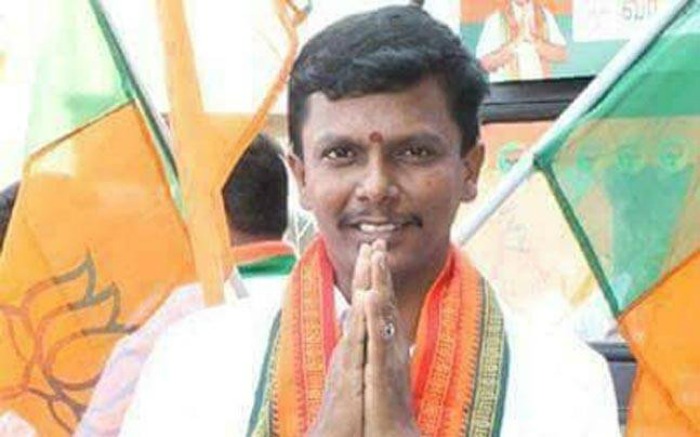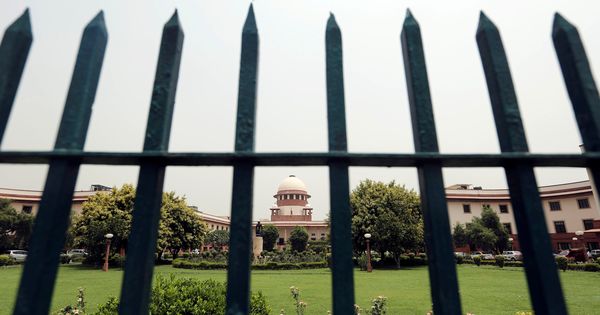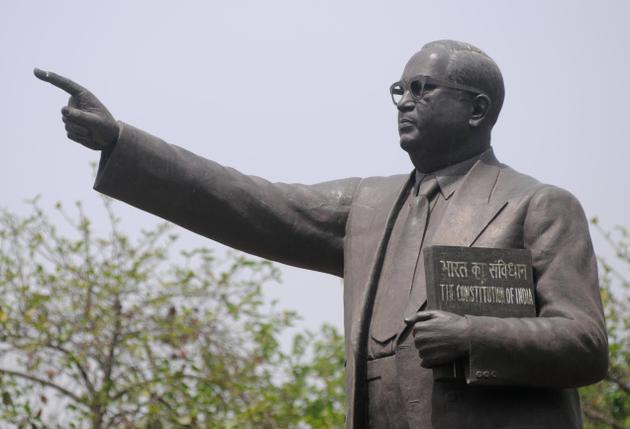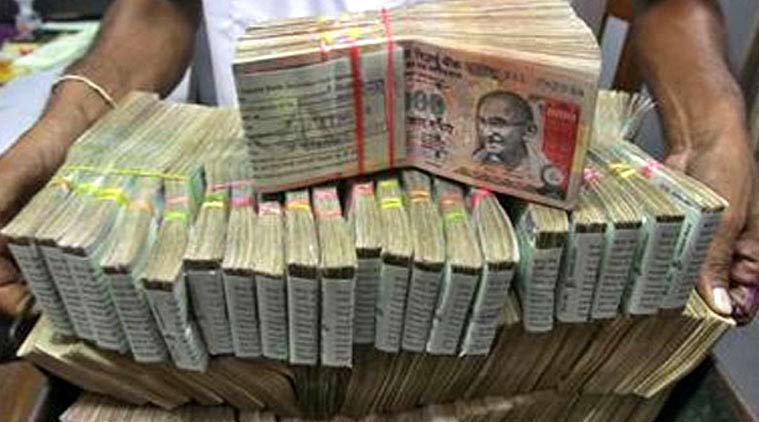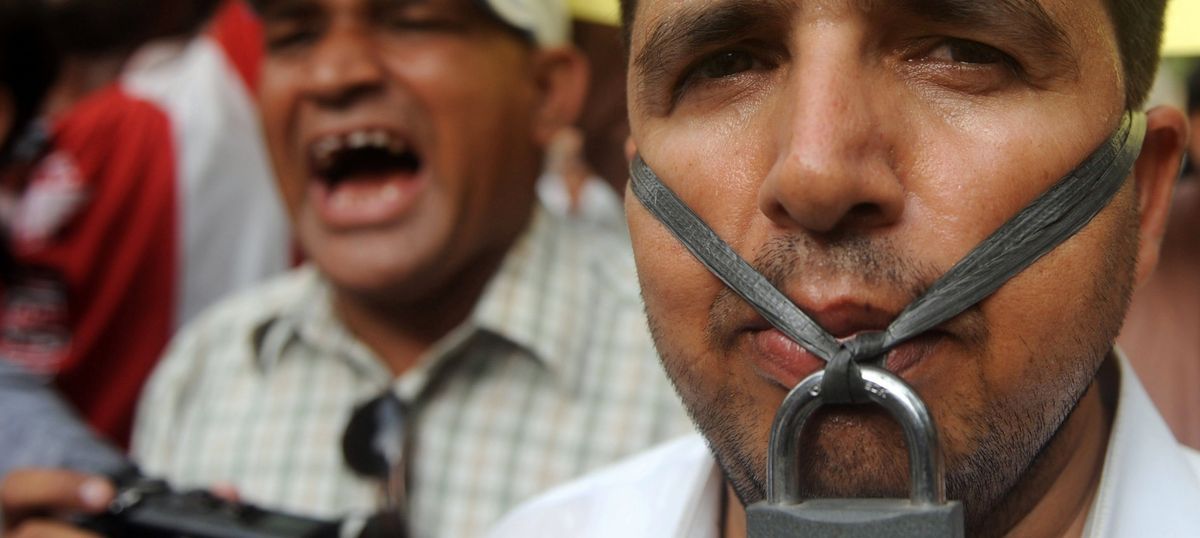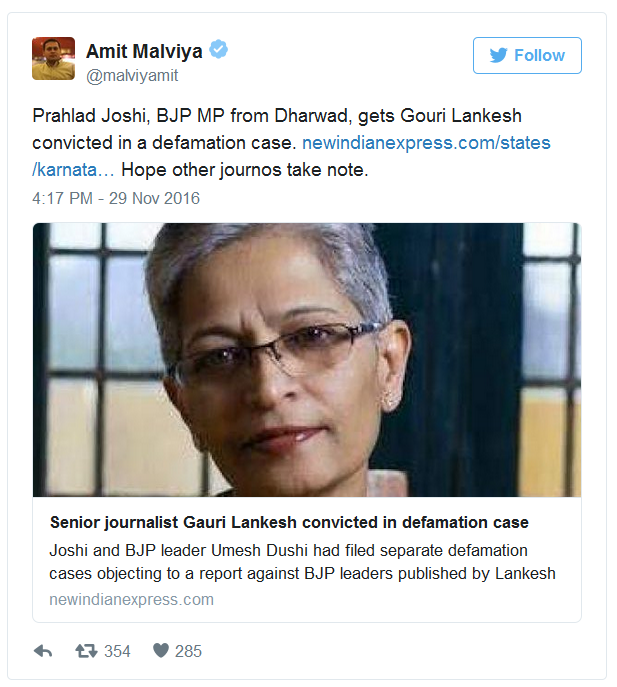
Amit Malviya is a name that most readers, political junkies aside, are unlikely to be familiar with. But the banker-turned-political worker is one of the most influential figures in our public discourse. As the Bharatiya Janata Party’s national head of Information Technology, he directs the ruling party’s digital strategy, one that deploys hundreds of social media influencers and tens of thousands of (often anonymous) supporters to aggressively defend the government and attack its critics.
Malviya leads by example. On Twitter and in television debates, his rhetoric is pugnacious and often ad hominem. He responds to criticism of the government by impugning the motives of the critic. And Malviya’s words matter, which is why a tweet that he issued on Tuesday ought to alarm anyone who believes in the freedom of the press.

Gouri Lankesh is a veteran editor and columnist in both Kannada and English. Although convicted on Monday by a Karnataka magistrate of criminally defaming two BJP leaders and sentenced to six months’ imprisonment, she has been granted bail and will appeal to a higher court.
Malviya’s tweet bears only one interpretation: it is a warning, and one that appears to have been issued thoughtfully and deliberately. The statement that journalists should “take note” – a euphemism here for “watch out” – is a message to journalists that if they fall afoul of the government or ruling party, serious consequences may follow.
In addition, there are implicit congratulations to the Member of Parliament who filed the defamation case against Lankesh for “get[ting] Gouri Lankesh convicted”, thus showing the proper way to deal with inconvenient journalists.
Contempt for press freedom
Malviya may hold no government post, but his threat is far from an empty one. It is further evidence of the BJP’s utter contempt for journalists and for press freedom, a contempt matched by only one previous Union government, that of Indira Gandhi. All governments, beginning with Jawaharlal Nehru’s, which, in 1951, introduced the First Amendment to the Constitution allowing “reasonable restrictions” on the freedom of speech, have opposed full press freedom, but only two have shown no regard whatsoever for this basic right.
The BJP’s lack of regard for journalists and their rights is expressed in various ways. On social media, it takes the form of epithets such as presstitute or paid journo. Party president Amit Shah and Information and Information and Broadcasting Minister Venkaiah Naidu have argued that press freedom cannot be used to challenge nationalism or “the nation’s interest”. Naidu’s ministry was also responsible for the one-day ban on NDTV India that was later kept in abeyance.
One of the most enduring and least-remarked upon threats to the freedom of expression in India comes from state governments across the political spectrum that use the threat and actual imposition of criminal cases to intimidate or punish critical journalists or, increasingly, private citizens.
Only two weeks ago, the Madhya Pradesh government arrested a 19-year-old student for social media posts that were critical of the chief minister.
For the most part, Union governments have had a better record in this regard, which is why a statement like this from a national political figure like Malviya is so worrying.
Freedom of speech
Lankesh’s conviction comes on the heels of a Supreme Court judgment in May that emboldens vindictive politicians at the expense of press freedom. In Subramanian Swamy vs Union of India, the court upheld Section 499 of the Indian Penal Code, which criminalises defamation, a judgment that ran counter to a global trend against treating defamation as a criminal matter. Criminal defamation has long been a favourite tool of revenge, used to target both journalists and political opponents. Malviya’s tweet shows how dangerous that judgment was – the law, instead of protecting the rights of journalists as it ought to in any liberal democracy, instead becomes a licence for the harassment and intimidation of the press.
To be sure, politicians and the police can be creative in their use or misuse of statute. The Supreme Court’s landmark judgment in Shreya Singhal vs Union of India, which struck down Section 66A of the Information Technology Act as unconstitutional, has not ended the persecution of online speech. But a judgment in favour of free speech in Swamy – ironically, the petitioner seeking to decriminalise defamation is a BJP leader– would have meaningfully constricted politicians in their attempts to deter critical or independent journalists.
Comparisons with the Emergency
The BJP’s contempt for press freedom has not expressed itself in anything like the censorship of the Emergency. Emergency was imposed on a country with no digital media, and state control of the airwaves – print was the sole arena of censorship. But the fact that the Emergency itself is unlikely to be repeated should not blind us to disturbing parallels, or enable complacency about the present situation. Then, as now, legitimate criticism of government policy was branded anti-national.
Then, as now, pro-government journalists either watch silently as their colleagues’ rights are trampled upon, or even cheer on the assault.
BJP leader LK Advani famously remarked that the Press, during the Emergency, was asked to bend and chose to crawl. Forty years later, the play is being re-enacted with roles reversed. Pro-government voices, from the television channels Times Now and Zee News to the magazine Swarajya and columnists such as Swapan Dasgupta, refuse to defend the principle of press freedom. Many journalists even use the term presstitute against their own colleagues.
No pro-government journalist has come forward to condemn or even mildly rebuke Malviya’s warning to the country’s entire press corps. For the freedom of the press to be protected, journalists must stand united in its defence. Not since the Emergency have we been so far from achieving this unity.
Courtesy: Scroll.in
